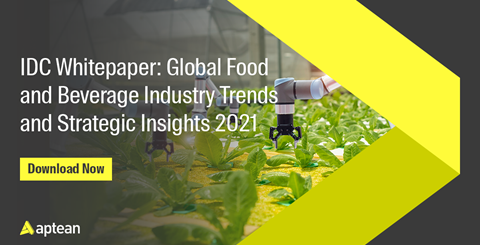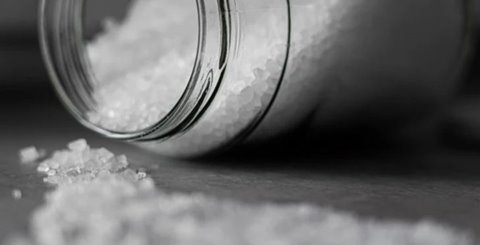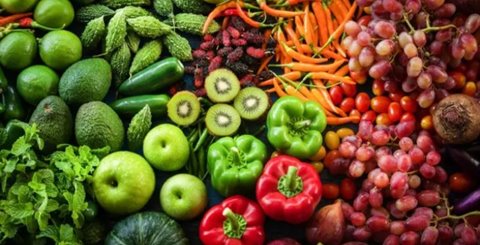Certification Marks Help Make the Healthy Choice
The certification marks market is booming. There are certification marks focused on the environment, animal welfare, health and so on. The consumer is becoming more and more critical and wonders: is my food really healthy? Where does this product come from? Is it a sustainable option? Is it a safe choice? Quality marks are a good guidance for consumers, this way they can easily help on building a sustainable society and choosing for a healthy, safe option. Have you found your spot in this changing food landscape yet?
According to the Voedingscentrum (The Netherlands Nutrition Centre), around 20 to 35% of the emission of greenhouse gases happens because of the production and consumption of food. Besides that, in the article about recycling we showcased how much food waste demands of our planet. Which is a lot. It took a while, but the trend of what the consumers can do to help prevent this seems to be going strong. However, we are only at the beginning of this crucial change towards a more sustainable way of life.
Certification marks revenue keeps growing annually
Consumers in Dutch supermarkets spent about 3.6 billion (!) euros on food with a certification mark in 2017, says the quality mark monitor of IRI. An upward trend; compared to 2016 this is an increase of 30%, which is an even bigger growth than the year before, when it was 26%. In the first six months of 2018 the share in certification marks revenue of some product categories is even one or two out of every three euros. For example, in the category fish 67% of our groceries have a quality mark, and in the category meat this is 30%. A nice development, especially since products with a quality mark are usually more expensive for the customer. This is because you do not only pay for the product, but you pay for extras, for example the special production method, control and a separately set up chain.
Animal welfare is of great importance
Animal welfare keeps growing in importance, research of ABN Amro shows. Meat substitutes get more popular by the day and people are getting more familiar with initiatives like Meat Free Monday (eating meat free one day a week), and national meat free weeks (not eating any meat for a week, once a year). Here they show you what you can achieve by just leaving the meat for once, in a feasible way. There are quality marks that focus specifically on animal welfare, like Beter-Leven Keurmerk, the Red Tractor mark and the RSPCA Assured mark.
Each country has their own certification marks
Often, every country has their own certification marks that are widely used. For example, the German eco mark is called Bio Siegel and the French eco mark is called Agriculture Biologique. The EU also has some labels that apply in all EU countries. You have specific labels to protect names of specific products, to secure the unique characteristics that are linked to geographical origin and traditional method of preparation (Protected designation of origin, Protected geographical indication). Also, there is the ‘organic logo’, which shows consumers in the EU that a product is organic, and the Fairtrade quality mark, which is known worldwide. Do your products have one of these certification marks yet?
Stay up to date with the latest developments
Follow our journey and stay on top of the latest news from food and technology.
 Nederlands
Nederlands English
English



